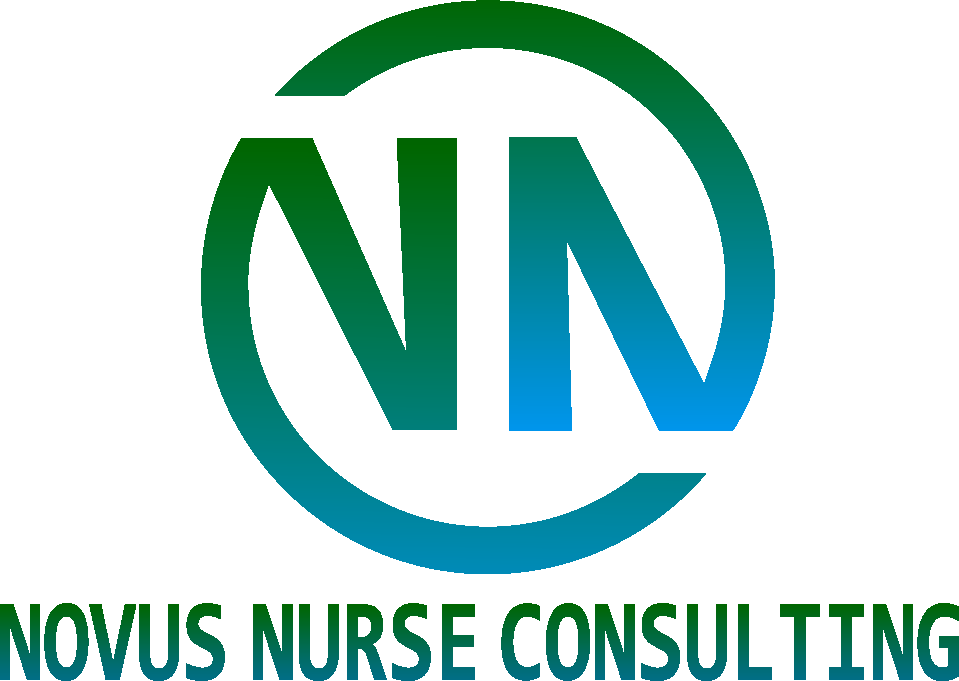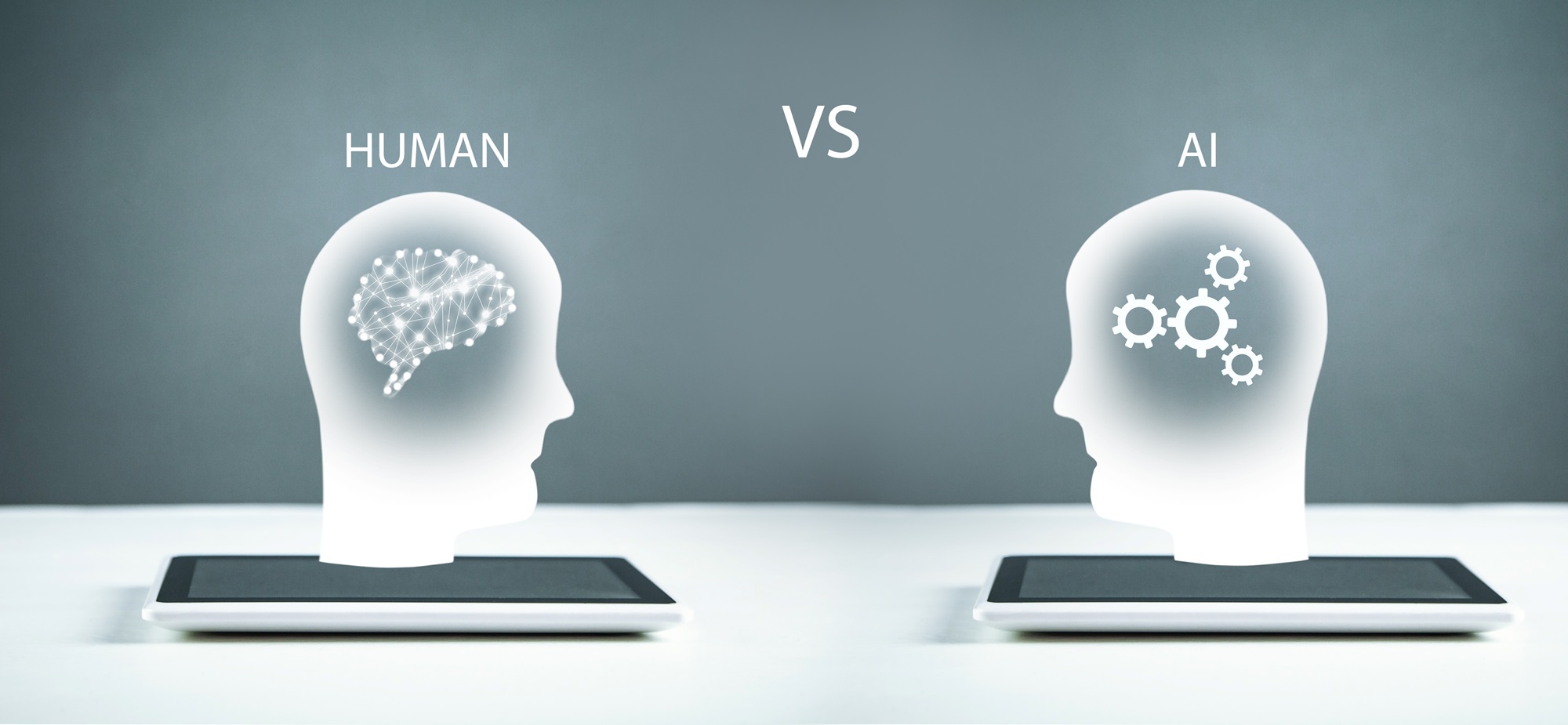8 minutes read • July 10, 2025
The Foundation: Understanding Washington’s Personal Injury Landscape
Common Personal Injury Case Types and Their Unique Challenges
- Motor Vehicle Accidents: These cases often involve complex injury patterns ranging from soft tissue damage to traumatic brain injuries, requiring careful analysis of both immediate and long-term medical implications.
- Slip and Fall Incidents: Property-related injuries can result in fractures, spinal injuries, or chronic pain conditions that may not fully manifest until weeks or months after the incident.
- Premises Liability Cases: These matters involve hazardous conditions on another’s property and often require detailed investigation of maintenance records, safety protocols, and a clear understanding of the property owner’s duty of care.
The Critical Role of LNCs
Quantifying Damages: The LNC’s Edge
Navigating Medical Complexities
- Deciphering Medical Records: LNCs excel at interpreting intricate medical records, identifying discrepancies, and pinpointing crucial information that might be overlooked by those without a medical background. This skill is vital for substantiating claims and challenging opposing medical opinions, transforming medical record management for legal professionals [8].
- Expert Witness Identification: Their network and understanding of medical specialties allow LNCs to identify and vet qualified medical experts [9], strengthening the legal team’s ability to present compelling evidence.
- Bridging the Gap Between Medicine and Law: LNCs serve as a crucial bridge between the medical and legal fields, effectively translating intricate medical jargon into clear, concise language for attorneys and other legal professionals. This ensures that all legal strategies are medically sound and communicated effectively. Their expertise extends to assisting paralegals and attorneys in grasping complex medical scenarios, a specialized skill set that truly defines Legal Nurse Consulting as a distinct nursing specialty [4].
- Mental Health Implications: LNCs are increasingly critical in cases involving psychological trauma stemming from physical injuries. Understanding the profound impact personal injuries can have on mental well-being, from a legal standpoint, is crucial. Addressing psychological trauma and supporting claimants through their mental health challenges are essential steps in personal injury claims, as it helps establish how physical incidents can lead to significant psychological harm.
The Evolving Landscape: AI and Rural Challenges in Washington
Artificial Intelligence Applications: Potential Meets Practicality
- Automated Medical Record Organization and Indexing: AI can ingest vast quantities of records, automatically sorting them chronologically and categorizing them by document type, provider, or specialty. This dramatically reduces manual indexing time, allowing attorneys to quickly access specific information within voluminous charts.
- Pattern Recognition in Treatment Timelines and Care Pathways: Algorithms can analyze sequences of interventions, identifying treatment progressions, medication regimens, and key turning points in a patient’s recovery or the lack thereof. This aids in validating causation arguments and understanding the overall impact of an injury.
- Identification of Missing or Incomplete Documentation: By cross-referencing against expected records, AI can flag potential gaps, such as missing reports or unfulfilled referrals, enabling legal teams to make targeted requests for comprehensive documentation.
- Enhanced Accuracy and Consistency: AI can process large datasets with consistent rules, potentially catching subtle discrepancies that might be overlooked during manual review, contributing to more reliable chronologies and summaries.
The WSBA Survey: A Clear Signal for the Need of Human Expertise
- Only 25% of Washington lawyers regularly use generative AI applications in their practice.
- Civil litigation attorneys, specifically relevant to PI cases, showed a particularly low adoption rate of 16-22%.
- A substantial majority (69%) of respondents believe AI use will necessitate additional training and skills.
- Many expressed concerns regarding AI’s accuracy, reliability, and ethical implications.
Navigating Personal Injury in Washington’s Rural Areas: Unique Challenges, Dedicated Support
- Higher Severity and Mortality Rates: Rural areas disproportionately experience higher injury mortality rates, particularly from motor vehicle crashes. Rural roads often lack safety features found in urban areas, and factors like higher speeds and unique accident types (e.g., involving farm machinery, ATVs) contribute to more severe outcomes. Research on acute traumatic injuries in rural populations [12] and efforts to rethink rural health [13] highlight these disparities.
- Limited Access to Medical Care: Injured individuals in rural communities often face restricted access to emergency services. Fewer local hospitals, and limited access to specialty care providers. As a result, this can lead to delays in diagnosis and treatment, potentially affecting medical outcomes and the overall duration of recovery.
- Geographical and Logistical Barriers: The expansive nature of rural Washington means that clients and legal teams may face difficulties in physical accessibility, which can complicate evidence gathering, client meetings, and access to necessary medical experts. Studies assessing geographic variations in workers’ compensation claims using rural urban commuting area codes [14] provide insight into these challenges.
- Challenges in Legal Representation: Rural areas sometimes experience a shortage of attorneys, which can lead to delays or reduce the pool of experienced local counsel. This contributes to what some call “legal deserts” [15] and can limit awareness of available legal resources.
- Impact on Damages: Juries in rural counties may award lower damages compared to those in more urban areas like Seattle, Tacoma, or Spokane. This underscores the importance of meticulously documenting all aspects of damage.
How Novus LNC Supports Rural Cases
- Remote Accessibility: Through advanced technology integration, we allow for comprehensive medical record analysis and strategic collaboration regardless of geographical distance, overcoming the challenges of reaching remote clients or attorneys.
- Thorough Documentation of Long-Term Needs: Recognizing the potential for delayed or limited initial care in rural settings, our LNCs meticulously analyze medical records to identify and project long-term medical needs. As a result, we ensure that future costs are accurately captured even when immediate care was constrained.
- Expert Medical Analysis for Complex Injuries: With extensive experience in diverse injury patterns, including those more prevalent in rural settings (e.g. severe motor vehicle trauma), we ensure that all medical aspects, from causation to long-term prognosis, are fully understood and articulated for the legal team.
- Bridging Information Gaps: To support effective case development, we help attorneys translate complex medical information into clear, compelling narratives. This is particularly important when addressing jury biases or limited local resources. Moreover, our detailed chronologies and summaries highlight the full impact of an injury, including any complications arising from rural care limitations.
The Novus LNC Advantage: AI, Medicine, and Trust
- Expert Human Analysis through Specialized Partnerships: We leverage cutting-edge organizational tools and systematic approaches to manage vast medical records efficiently. However, the core of our service is the in-depth, expert analysis performed by our seasoned Legal Nurse Consultants, often in partnership with other specialty LNCs and medical experts to rigorously analyze complex cases.
- Addressing Attorney Concerns: For attorneys who, as the WSBA survey indicates, are cautious about relying solely on technology for critical medical details, Novus LNC provides the trusted, meticulous review that builds confidence. We translate complex medical jargon into clear, concise legal language, identifying causation, severity, and prognosis with the precision only a medical professional with legal training can offer.
- Meticulous Documentation and Interpretation: We excel at creating comprehensive medical chronologies, identifying inconsistencies, and expertly distinguishing between pre-existing conditions and incident-related injuries. This level of detailed, reliable documentation is precisely what attorneys need for robust case development, settlement negotiations, and trial preparation.
- Strategic Partnership: Beyond document organization, we provide strategic insights. We anticipate defense arguments, identify key medical experts, and ensure that every medical aspect of your case is understood and powerfully presented. This level of preparation is crucial for both plaintiff attorneys building a strong case and trial attorneys needing to present complex medical facts compellingly to a jury.
Building Your Strategic Partnership
The complexity of modern personal injury litigation demands a multidisciplinary approach. Success requires more than legal expertise—it demands deep medical knowledge, technological sophistication, and strategic thinking.
Why Partner with Novus LNC?
- Comprehensive Medical Expertise: Novus LNC uniquely focuses on geriatric, orthopedic, and trauma cases. When necessary, we bring in healthcare professionals with decades of clinical experience across multiple specialties, ensuring no aspect of your client’s medical condition is overlooked.
- Strategic Case Development: Beyond record review, we provide strategic insights that help shape case theory and settlement negotiations.
- Efficient Resource Utilization: Our streamlined processes save time and reduce costs while enhancing the quality of medical analysis.
- Strengthening Medical Cases: Our role is to strengthen medical cases by providing clarity and depth to the medical evidence.
Sources
What Is Comparative Negligence: Understanding Washington Laws Statute of Limitations for Personal Injury Cases in Washington State Washington Personal Injury Statute of Limitations Legal nurse consultant How Are Future Medical Expenses Calculated in an Injury Case? How are future medical expenses calculated in personal injury settlements? Issues Regarding Future Medical Expenses Cannot Be Left Open In Personal Injury Cases Transforming Medical Record Management for Legal Professionals Legal Nurse Consultants: A Hiring Guide for Attorneys Washington State Lawyers Show Limited AI Adoption Despite Growing Interest, New Survey Reveals Legal Technology Task Force – Washington State Bar Association Acute Traumatic Injuries in Rural Populations Rethinking Rural Health: Executive Summary (PDF) Assessing geographic variations on time loss claims in Washington state workers compensation using rural urban commuting area codes Legal Deserts and Spatial Injustice: A Study of Criminal Legal Systems in Rural Washington

